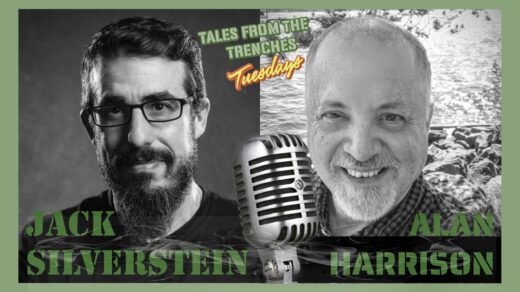
Fundraising is an activity full of emotions. So many folks out there focus on the cerebral — tax benefits, mechanics of donating, etc. To put it bluntly, they are missing the boat. Or more precisely, they haven’t even boarded the boat for the journey.
As Tom Ahern puts it “In fundraising, it goes something like this: if you tell me something I value is in danger of disappearing, I will instinctively want to save it. An appeal that talks about what I stand to lose is even more powerful than an appeal that talks about what I stand to gain. A donor mission statement for Connecticut Landmarks might well begin: without Connecticut Landmarks and the donors who stand behind it, these one-of-a-kind historical treasures — and the lessons they continue to teach us about our world and theirs — will be lost forever.'” Pretty strong stuff.
So what is the lesson learned here? Everything comes down to an urgent and cogent case. And, usually, nothing is more urgent than a charity on the brink of disappearing. People give to charities out of a sense of emotion. As a matter of fact, rational appeals based on numbers and statistics can have a negative impact on donations. This notion compliments the idea of people wanting to help people, not institutions very well. It is the emotional hook that usually inspires someone. Think of a cancer patient instead of a cancer charity.
As a stats guy, I am constantly trying to figure out how to circumnavigate the emotional side and go with the rational side (but I have yet to be successful) so that results can be more predictable. Why can’t I do this? Maybe it is because looking at large numbers becomes numbing — what does six million look like? How can I relate? There was a great project in Tennessee called the Paper Clip Project that tried to find (tangibly) what 6 million looked like (the 6 million Jews who perished in the Holocaust) so that school-aged kids could relate. It was an awesome feat, but one that cannot be easily replicated to show impact.
In this day of instant gratification/notification with all of us on our smartphones, we are looking for a bit of emotion in a callous world. We are looking for that connection to the homeless man at the corner, for the connection to the university student who needs a helping hand so they can get their degree and become a real superstar. We are looking for that cure for the disease Aunt Sally has. All of this is on an emotional level, as well as a personal one. It is the charity’s job to be as emotional (without being manipulative) as possible.
As I have mentioned before, people often ask me if I have a degree in Business (based on the work that I do). I do not. I have a degree in Stats (but that is an entirely different blog). I reply that if I had a degree in Psychology, I would be a much better fundraiser than I am now.
L’chaim
jack




